‘We are in danger of inflicting a humanitarian calamity’
Your digest of analysis from the British and international press
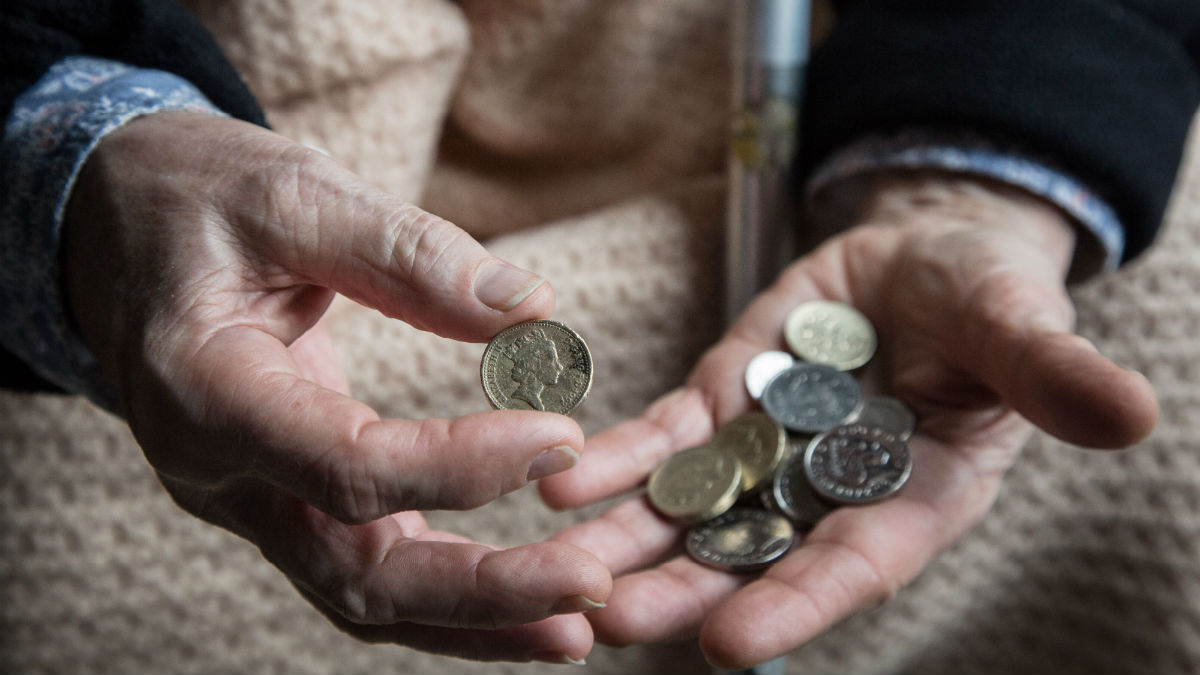
- 1. Studying health inequalities has been my life’s work. What’s about to happen in the UK is unprecedented
- 2. As Ukraine braces for a second round, the West has a duty to step up
- 3. Nicola Sturgeon never has to pay a price for failure
- 4. The return of Jeremy Kyle to TV is a scary prospect in times of economic struggle
- 5. A ‘no-fault’ divorce? Playing the blame game can fuel a marriage
A free daily email with the biggest news stories of the day – and the best features from TheWeek.com
You are now subscribed
Your newsletter sign-up was successful
1. Studying health inequalities has been my life’s work. What’s about to happen in the UK is unprecedented
Michael Marmot in The Guardian
On impending calamity
“Studying the relationship between social conditions and inequalities in health” has been “my life’s work”, says Michael Marmot in The Guardian. A decade of austerity “damaged public health and made health equity worse”, writes the director of the UCL Institute of Health Equity, but “the cost of living crisis – and the chancellor’s failure to deal with it – is unprecedented” in terms of “its threats to the health and wellbeing of the nation”. Taking away even £10 a week from someone struggling to get by “can mean not just the choice between heating and eating but doing without both”, he warns, “and that will be bad both physically and psychologically”. Poverty is “literally a matter of life and death for those on the margins”. In the 2010s, “improvement in health in the UK slowed dramatically, inequalities increased, and health for the poorest people got worse”, he says. This was “all amplified by the pandemic”. Unless we deal with the “inability of people to meet their basic needs, by adequate income and services”, we are “in danger of inflicting a humanitarian calamity in one of the richest countries in the world”.
The Week
Escape your echo chamber. Get the facts behind the news, plus analysis from multiple perspectives.

Sign up for The Week's Free Newsletters
From our morning news briefing to a weekly Good News Newsletter, get the best of The Week delivered directly to your inbox.
From our morning news briefing to a weekly Good News Newsletter, get the best of The Week delivered directly to your inbox.
2. As Ukraine braces for a second round, the West has a duty to step up
David Ignatius in the Washington Post
On a moral obligation
With the “second bloody round” of the war in Ukraine about to start, the West must “move quickly” to provide Kyiv with heavier weapons to resist a “savage” new Russian assault, says David Ignatius in The Washington Post. After the first round of the war produced a “decisive defeat for Russian invaders”, Moscow is now regrouping for a campaign to control a slice of Ukraine stretching from the Donbas in the east all the way to Odessa at the western edge of Ukraine’s Black Sea coast, he adds. If this is successful it could lead Moscow to “partition the country”. Moving heavier weapons into Ukraine is “urgent” while Russian forces are still regrouping, he says, and “transport from Nato countries that ring Ukraine should be easier now, with most Russian forces gone from the north and west of the country”. It should be up to Ukrainians to decide what they are willing to concede, and how much risk and punishment they are willing to endure, he says. But if the Ukrainians are “determined to repel the invaders”, the US has a “moral duty” to do what it can to help them succeed.
A free daily email with the biggest news stories of the day – and the best features from TheWeek.com
3. Nicola Sturgeon never has to pay a price for failure
Alex Massie in The Times
On unaccountability
When the “final reckoning” of Covid-19 is made, says Alex Massie in The Times, few of our political leaders are likely to emerge from the pandemic in credit. “All shall be blamed save one,” he predicts, “for the ordinary rules of accountability do not apply to Nicola Sturgeon.” He accepts that “it is true that, for much of the pandemic, she has proven a more assured communicator” than Boris Johnson. But the Scottish first minister’s “supposedly” assured handling of the pandemic “made no difference whatsoever” because “outcomes in Scotland have been broadly the same as outcomes in England”. He cites a study published in The Lancet that found England has endured a slightly greater rate of Covid deaths than Scotland, but notes that when measured in terms of excess mortality, England has “marginally outperformed Scotland”. Therefore, “Sturgeon’s decisions, her insistence on organising matters differently from England, had no measurable effect”. Not that Massie believes this will damage her brand. “Just as the Conservative Party has dominated English politics for decades, so there is no reason to suppose the SNP’s hegemony will end at any point in the foreseeable future.”
4. The return of Jeremy Kyle to TV is a scary prospect in times of economic struggle
Kuba Shand-Baptiste on the i news site
On nasty narratives
It’s just under three years since The Jeremy Kyle Show was last on air, writes Kuba Shand-Baptiste on the i news site. But following an inquiry that exposed “dark practices” and the details of the tragic death of guest Steve Dymond, she finds it “absurd” that “in a few short weeks”, Kyle will be back on our screens hosting a show on Rupert Murdoch’s TalkTV. How long, she wonders, before the “same dog-whistle rhetoric about the poor rears its head again – especially as the cost of living crisis worsens”. The Jeremy Kyle Show launched in 2005, “a time when the poor were increasingly being demonised for their reliance on the welfare state”. She remembers the “performative” rants of “privately-educated Kyle”, including when he told a guest struggling with cocaine addiction: “Go ahead mate. Get lost. Do one. Kill yourself.” It is “significant” that he will make his “big return as poverty increases and resources continue to dwindle”. “It’s time we all stopped accepting false narratives about working-class people.”
5. A ‘no-fault’ divorce? Playing the blame game can fuel a marriage
Rowan Pelling in The Telegraph
On the joy of fault-finding
“I suppose I should be gladdened by the advent of no-fault divorces, which came into effect on Wednesday,” says Rowan Pelling in The Telegraph. But “the concept of being blameless in marriage feels disingenuous”. For Pelling, who has been married for 27 years, finding fault is “the one enthralling marital game that anyone with a wedding ring on their finger can play”. According to Pelling: “Everyone, absolutely everyone, is keeping score from day one – even if they don’t know it yet.” Many – if not most – marriages “break down into saints and transgressors, headteachers and juvenile delinquents, judges and criminals”, she says. “Passion should still have its due, in the shape of a meticulous hand-written litany of faults, spanning the entire marriage – a sign both parties cared enough to note them.”
-
 Local elections 2026: where are they and who is expected to win?
Local elections 2026: where are they and who is expected to win?The Explainer Labour is braced for heavy losses and U-turn on postponing some council elections hasn’t helped the party’s prospects
-
 6 of the world’s most accessible destinations
6 of the world’s most accessible destinationsThe Week Recommends Experience all of Berlin, Singapore and Sydney
-
 How the FCC’s ‘equal time’ rule works
How the FCC’s ‘equal time’ rule worksIn the Spotlight The law is at the heart of the Colbert-CBS conflict
-
 Luton Airport bendy buses join Ukraine war effort
Luton Airport bendy buses join Ukraine war effortfeature And other stories from the stranger side of life
-
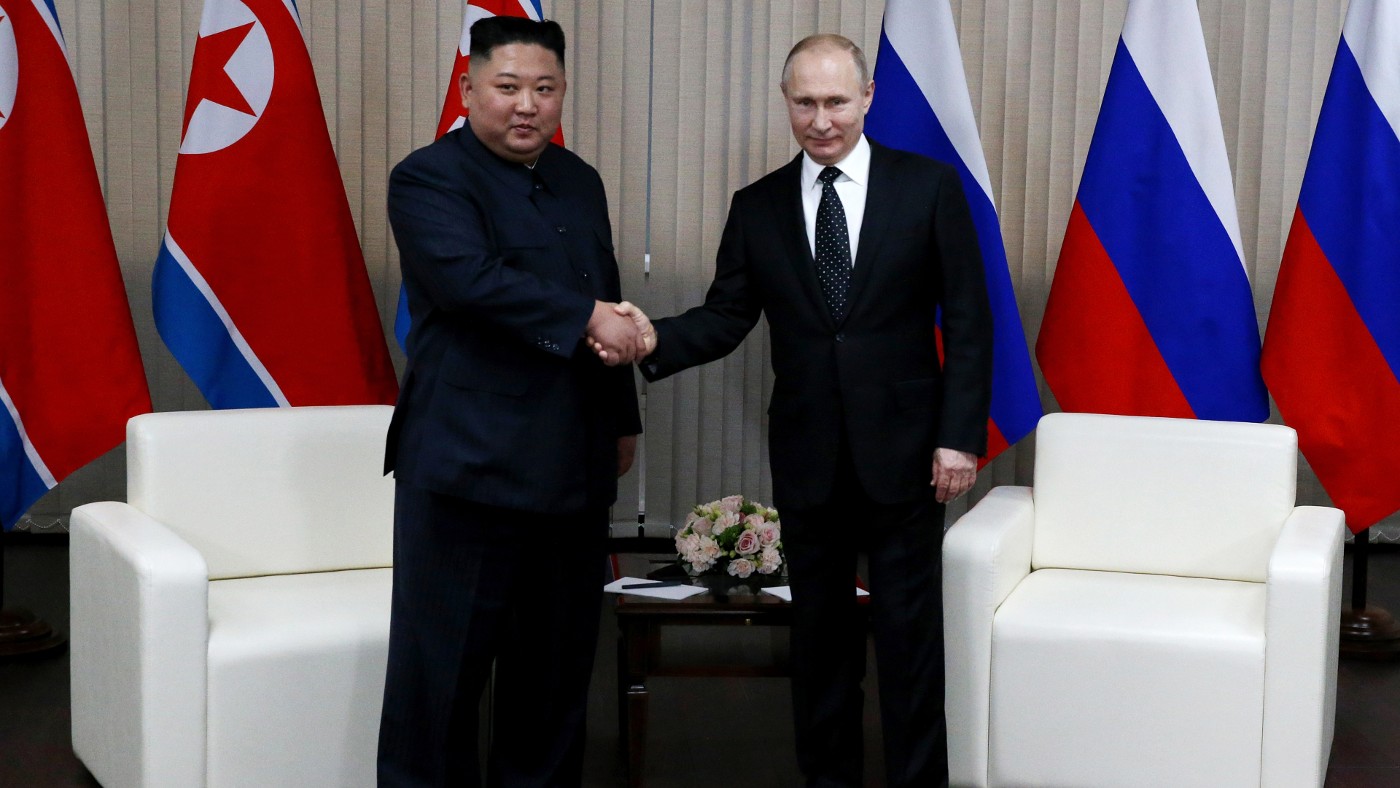 Would North Korean weapons tilt the war Russia’s way?
Would North Korean weapons tilt the war Russia’s way?Today's Big Question Putin wants to boost ‘depleted stocks’ but Pyongyang’s arms may be in poor condition
-
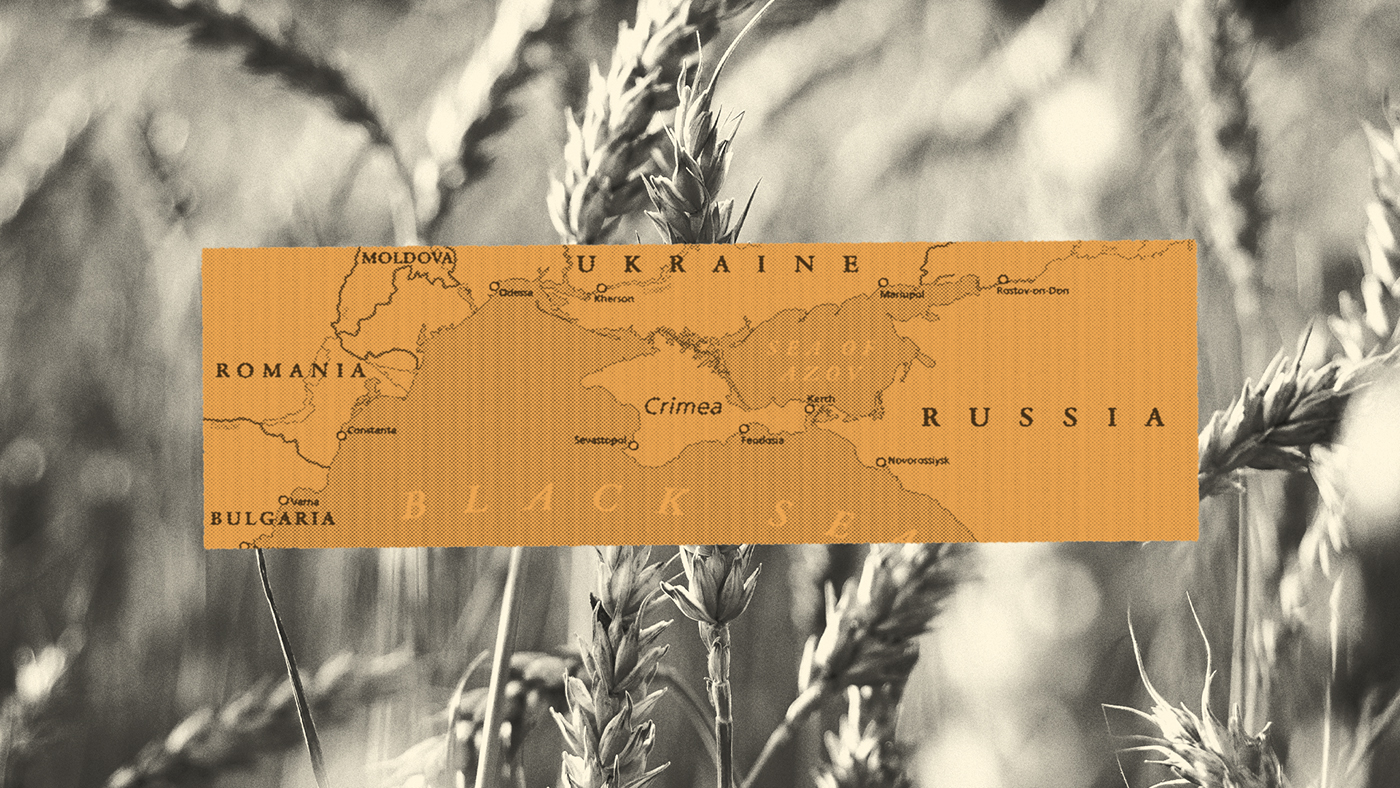 Can the Ukraine-Russia Black Sea grain deal be rescued?
Can the Ukraine-Russia Black Sea grain deal be rescued?Today's Big Question The Kremlin’s termination of agreement has sparked fears among food-insecure countries
-
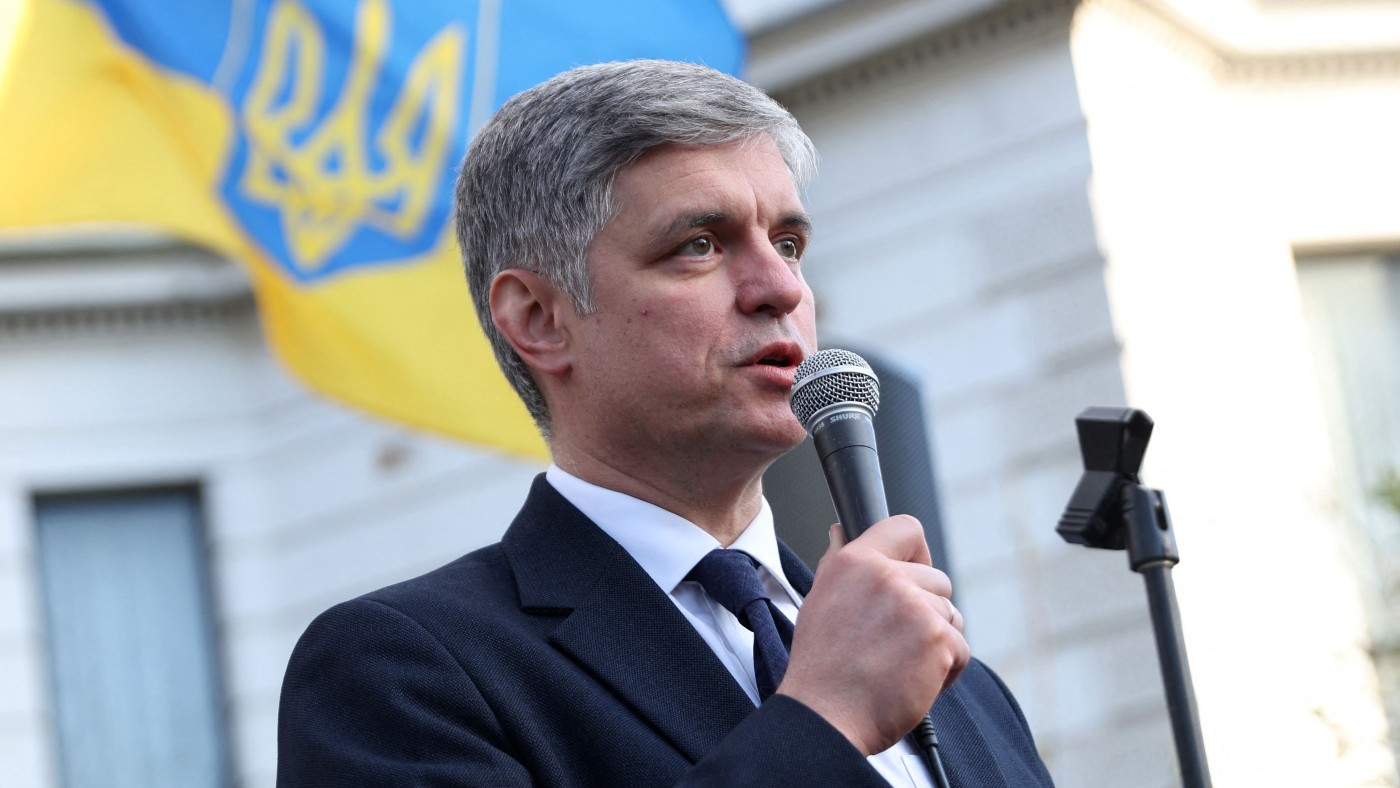 Zelenskyy sacks Ukraine ambassador to UK after sarcasm row
Zelenskyy sacks Ukraine ambassador to UK after sarcasm rowSpeed Read Vadym Prystaiko accused his boss of an ‘unhealthy sarcasm’ in response to British defence secretary Ben Wallace
-
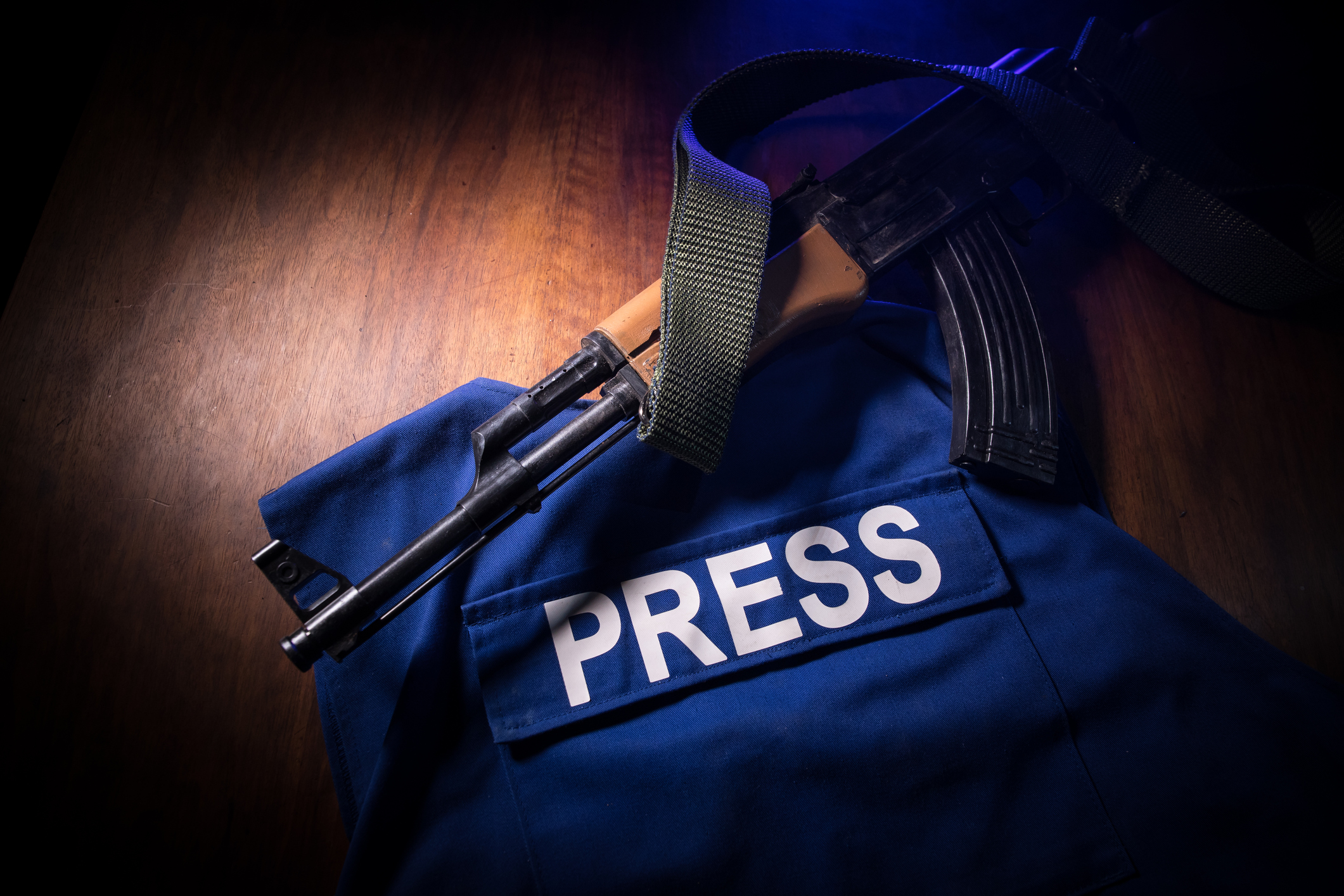 Why journalist deaths continue to rise around the world
Why journalist deaths continue to rise around the worldUnder the Radar Journalist deaths rose sharply in 2022 and don't appear to be slowing down this year
-
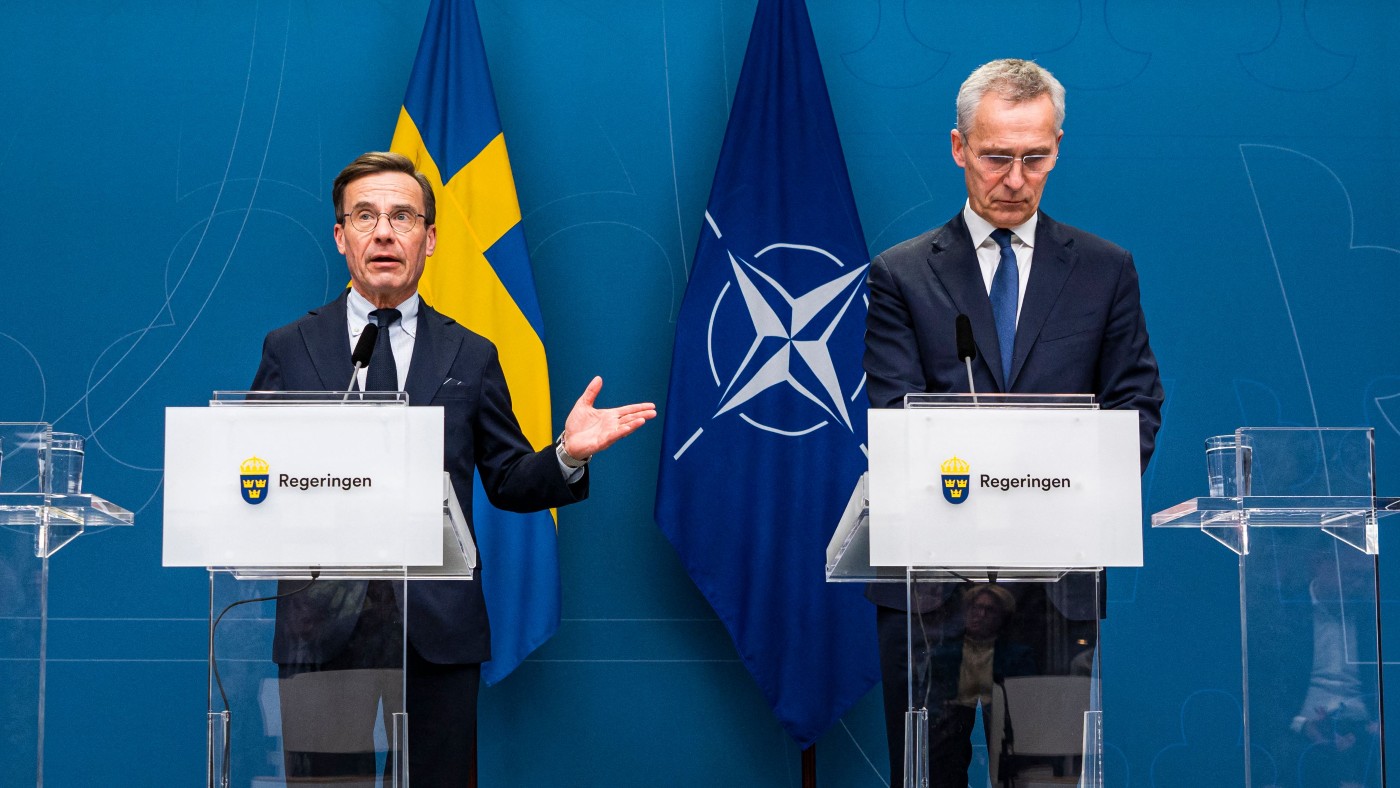 Non-aligned no longer: Sweden embraces Nato
Non-aligned no longer: Sweden embraces Natofeature While Swedes believe it will make them safer Turkey’s grip over the alliance worries some
-
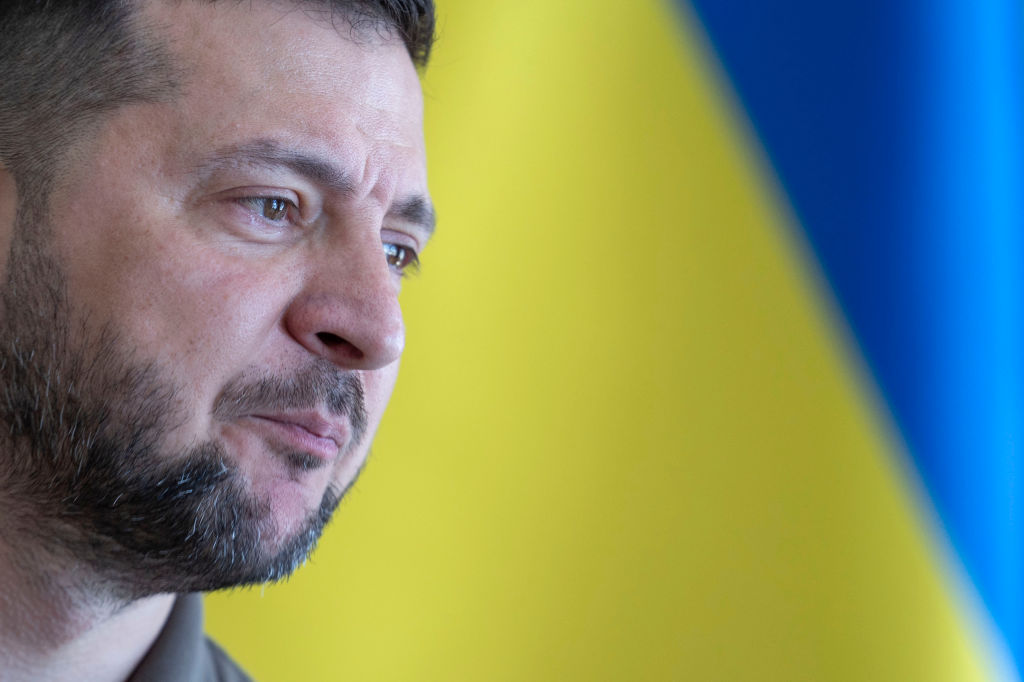 Should Ukraine be admitted to NATO?
Should Ukraine be admitted to NATO?Talking Point With this week's Vilnius summit, Ukraine's possible accession to the military alliance is more than a little top of mind
-
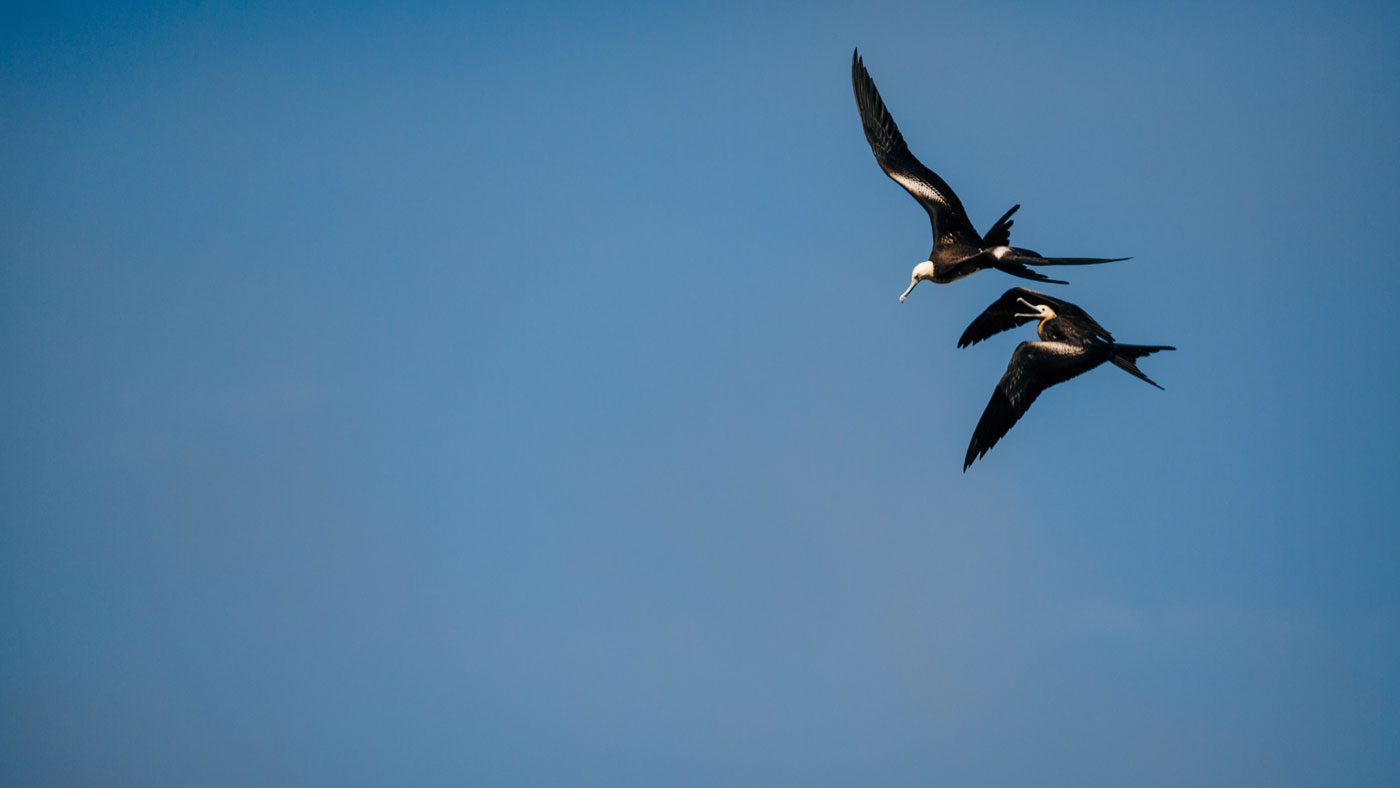 Male promiscuity to blame for bird divorce
Male promiscuity to blame for bird divorcefeature And other stories from the stranger side of life